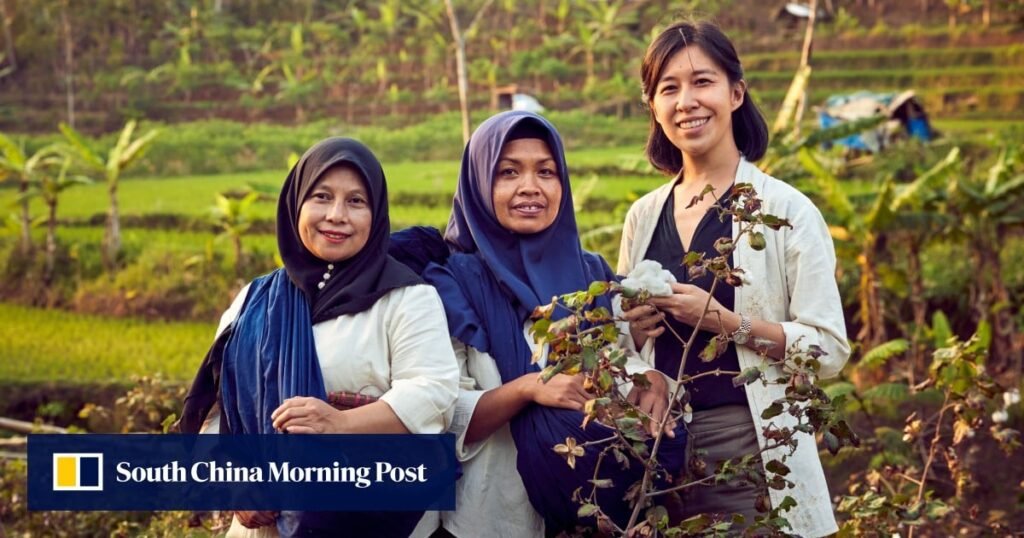Fashion
How a back-to-nature approach could revolutionise fashion and make the industry more sustainable: Indonesian label SukkhaCitta and its founder, the Rolex Award for Enterprise laureate of 2023, shows the way
What would the fashion industry look like if it was dictated by seasons rather than production cycles? Few have dared to imagine such a future – one where fashion could be sustainable at both the environmental and economic level. Even fewer have tried to make it a reality.

“As a farm-to-closet brand, we literally have to follow the dry season, rainy season and the social calendars of the villagers,” says the Indonesian development economist turned entrepreneur. Riadini-Flesch was inspired to start SukkhaCitta after visiting rural communities across her home country of Indonesia, where less than two per cent of women working in the garment industry make a living wage. “For me, it’s always important to put purpose at the centre of any creative mission. It’s not about how short a skirt should be. It’s understanding what skills exist in the villages we work in, and how we can elevate them.”

SukkhaCitta, which borrows its name from the Sanskrit term for happiness, was established seven years ago and now has over 400 employees, including farmers, dyers and seamstresses. As well as empowering women by giving them greater economic mobility, the brand protects the region’s environment with regenerative farming methods and preserves its illustrious heritage by preserving traditional crafts and farming techniques.

Without SukkhaCitta, the long-standing family farming traditions found in these local communities – which have been passed down through generations, allowing the land to thrive over the years – could gradually disappear.
It was a 65-year-old woman named Ibu Kasmini – ibu being an Indonesian honorific denoting respect – who sparked the idea of introducing regenerative farming to SukkhaCitta and creating a true model for “circular fashion”. The concept was simple. The cotton for the brand’s fabrics would be grown alongside complementary crops like chilli, corn and mung beans, negating the need for the large amounts of herbicides usually required and protecting the cotton crop through natural means. The result – a yield six times larger than previous harvests – proved transformative. Regenerative farming enhanced the brand’s ability to support those workers typically found at the bottom of the fashion food chain by ensuring increased, year-round income while also protecting the land they work on.

“We don’t have to reinvent the wheel when it comes to sustainability,” says Riadini-Flesch. “We can leverage skills and wisdom that already exist. Our challenge is: how can we innovate in a way that becomes relevant again? The missing, broken link is actually culture – realising that tradition is not this stagnant thing, but something that is alive. Everything I’m wearing is made by hand. It doesn’t look like I’m wearing potato sacks from the 19th century! [Tradition] can be culture that lives with us today.”

